

Ricardo Case, director of engineering services at the Jamaica Public Service (JPS), is calling for the Government to act quicker as it relates to the implementation of policies and licensing for renewable energy.
Case noted that the Government has implemented some good policies that have been instrumental in the development of the sector, but a more aggressive approach is needed.
The JPS recently established 10 charging stations in Jamaica, with plans to double that amount by the end of 2023. However, a larger expansion of charging stations is pending government policy, said Case.
“We have to temper ourselves with where we see government policy going, so if there was a more aggressive government policy where the EV market was booming, we could act faster,” he told Our Today.
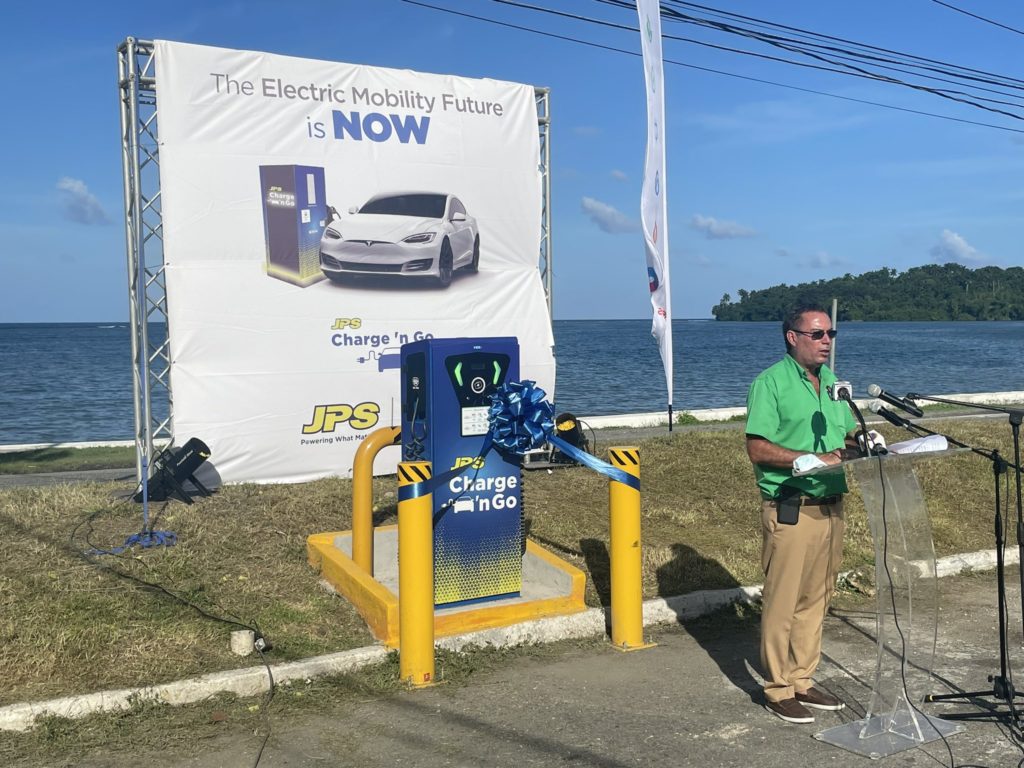
Case added that, though the Government has reduced taxes on electric vehicles, the age of the car that people can import is “practically new”, which means that they are expensive. In addition to this, most people charge their cars at home or at work. As such, he said the JPS is awaiting stronger signals from the Government before it invests in a larger scale of charging stations.
As it relates to the issue of licensing, he shared that it often takes up to six months or more for a licence to be approve and is recommending that the Government move faster in this regard.
He noted that “timing is everything in the industry”.
Case added: “So, if you’re gonna have something that is taking too long, it’s going to defeat the purpose for some people and it’s going to frustrate everybody else.”
Prime Minister Andrew Holness had stated that the Government plans to increase its target for use of renewable energy from 30 per cent to 50 per cent by 2030. But Case said proper planning in needed in relation to land space.

“To get 50 per cent of energy, it means that you have to have a whole lot more capacity on the grid to deliver that amount of energy because the nature of renewable energy facilities is not a 100 per cent relationship,” said Case.
He continued by sharing that the concern he has “is that, when you are looking at the expansion and the development of the system, it cannot be done in isolation of just JPS alone. When you are planning the whole energy eco system, everything comes into play”.
Case also pointed out that, often, the land on which solar parks are being developed is often not used for anything else and requires a large space.

“With the development of these solar parks, they are not using the land for anything else apart from the solar parks. So, we are going to get to a critical point where we are going to run out of land if we are not reusing the land for other purposes outside just generation because these solar facilities take up a lot of space.”
He then stated that, for engineers, this can cause an issue in the design process because, without the necessary information from the Government about future plans, they cannot create modular systems.
“We need to know the expansion plans that the Government has and where our new roads are going to be, because those are going to be your corridors and the right of way that you need to use to expand your system. It is a holistic partnership,” he stressed.
– Send feedback to [email protected]

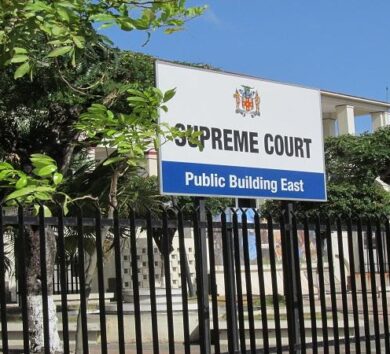
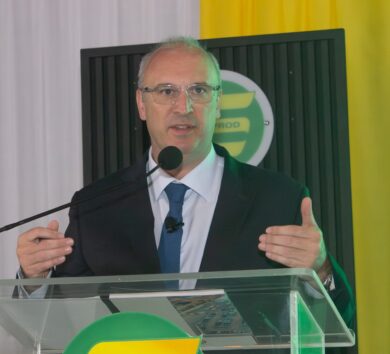
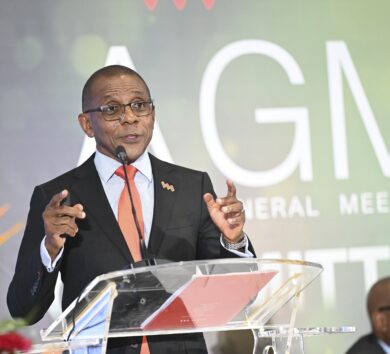
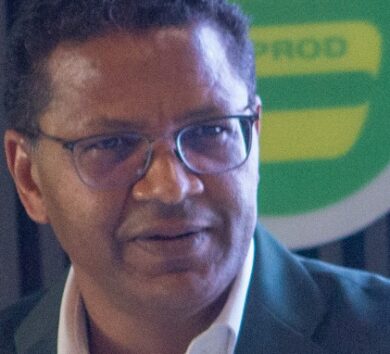


Comments